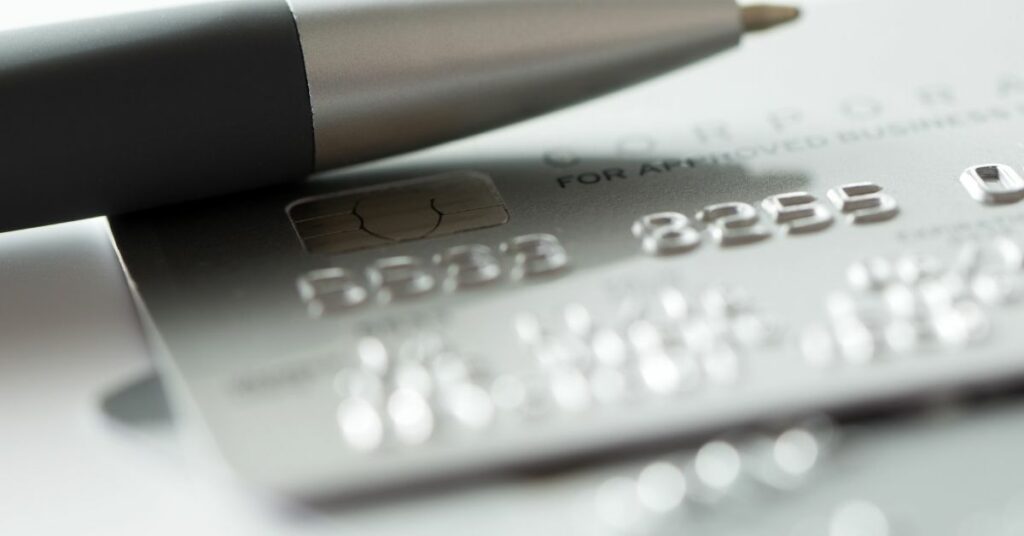
You probably have an understanding of the basic difference between a credit card and a debit card. However, most of us are unaware of all the differences. There are advantages and disadvantages to each.
Understanding these differences will allow you to make more informed decisions about which card you’ll want to use in different situations. Consider these points.
A credit card is simply access to an unsecured loan.
When you use your credit card, the card issuer is loaning you the money to pay your bill. This means that the credit card company can’t take your item from you if you fail to pay the way a bank can with a home or car. Those types of loans are secured with collateral. That’s why the interest rate for home and car loans is typically much less.
Using a debit card removes money from your account to pay your bill.
Debit cards are tied to a specific account. From a practical standpoint, it’s no different than writing a check. It’s just faster and easier. The effect on your account is more immediate, too.
Credit and debit cards both cost the merchant.
One method card issuers use to make money is charging the merchant a fee, typically around 2%, every time a card is used. While cards are convenient, merchants actually make more money if you pay with cash.
The appropriate use of credit cards can have a positive impact on your credit report.
Using a credit card for purchases or paying bills can help your credit score. It’s important to pay your credit card bills on time and to keep your balances below 20% of your credit limit. Likewise, the improper use of a credit card, like making late payments, has the potential to seriously damage your credit score.
The proper use of a debit card has no impact on your credit report.
Credit bureaus don’t have access to your debit card information. It’s not relevant to your credit report, since there’s no loan involved.
The liability is similar in the long term.
Both types of cards limit your liability. Law mandates this. If you’re the victim of fraud, you should typically be compensated for anything beyond $50. There is a key difference, however. Credit card companies provide a 60-day window for you to notice the fraud and provide the notification. With a debit card, the window is only 2 days!
The liability in the short term is different.
If someone steals your credit card and makes purchases, you don’t lose any money. It’s inconvenient, but you haven’t suffered a loss. With a debit card, someone can clean out your bank account. It can take time to be compensated. You might be bouncing checks in the meantime, too.
Credit cards aren’t free.
Credit cards can come with a variety of fees. Annual fees are common. There are also penalties if you’re over your limit or pay your credit card bill late. If you don’t pay back the full amount each month, you’ll also be paying interest charges at a high-interest rate on your balance.
Both can offer rewards.
While credit cards are better known for giving rewards, some debit cards are following suit. It’s possible to get cashback, plane tickets, gift cards, and more.
Credit and debit cards both have their place in a sensible financial plan. It’s very easy to abuse credit cards, so use the necessary restraint to make wise spending decisions. Credit cards can be wonderful for your credit score and tend to provide better rewards, while debit cards, similar to cash, help you stay within your budget.
Related Articles
How To Quickly Improve Your Credit Score
Bad credit can lead to plenty of issues. It can make it difficult to get a loan, rent an apartment, or even get a job. ...
Read More
Is Debt a Sign of Failure?
Debt is a tricky topic. Some people see debt as a sign of failure, while others see it as an opportunity to invest in something ...
Read More
How To Set and Reach Financial Goals
When it comes to your finances, you would likely love to be in a much better place. But, if you’re honest with yourself, you often ...
Read More







